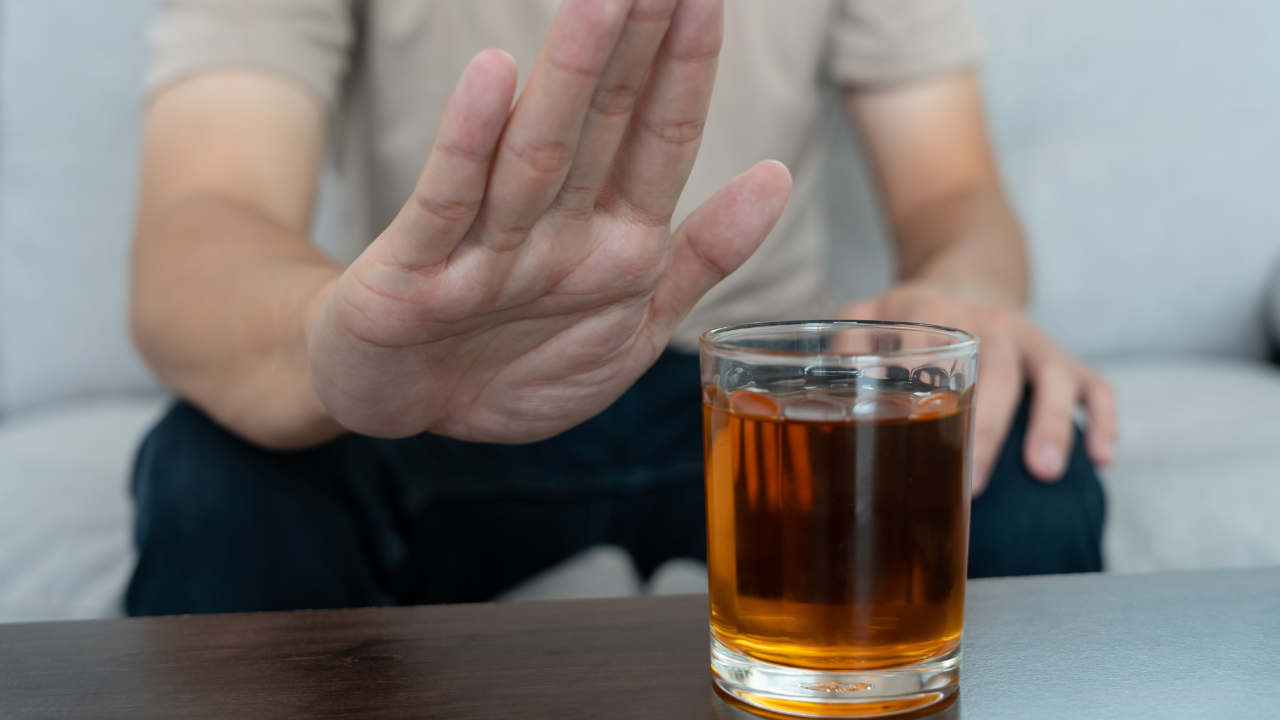Alcohol withdrawal is one of the most difficult and even dangerous moments that individuals go through when they have been engaging in heavy or constant consumption of alcohol for a long period and stop or seriously cut back on how much they drink. Symptoms of alcohol withdrawal vary from minor discomfort to even serious medical complications. It is therefore necessary for both the withdrawing person and the persons caring about the individual to understand how to handle alcohol withdrawal effectively.
Here's a guide on how to deal with alcohol withdrawals effectively: 1. Recognise the Symptoms Alcohol withdrawal is a condition where a person stops or drastically cuts back on alcohol consumption after having been on a binge for some time. Symptoms may start after 6 to 12 hours of the last intake and may include anxiety, irritation, tremors, headaches, nausea, vomiting, and sweating.
More serious manifestations may result in confusion, hallucinations, seizures, and delirium tremens, which is a life-threatening symptom. These symptoms should be carefully observed, and if they intensify, seek the help of experts immediately. Whenever there is suspicion of major withdrawal conditions like confusion, seizures, and hallucination, rush to emergency medicine.
2. Seek Medical Supervision For those who have been drinking excessively for a long time, medical supervision is advised during withdrawal. A doctor would be able to assess the intensity of the withdrawal and determine a proper .









































